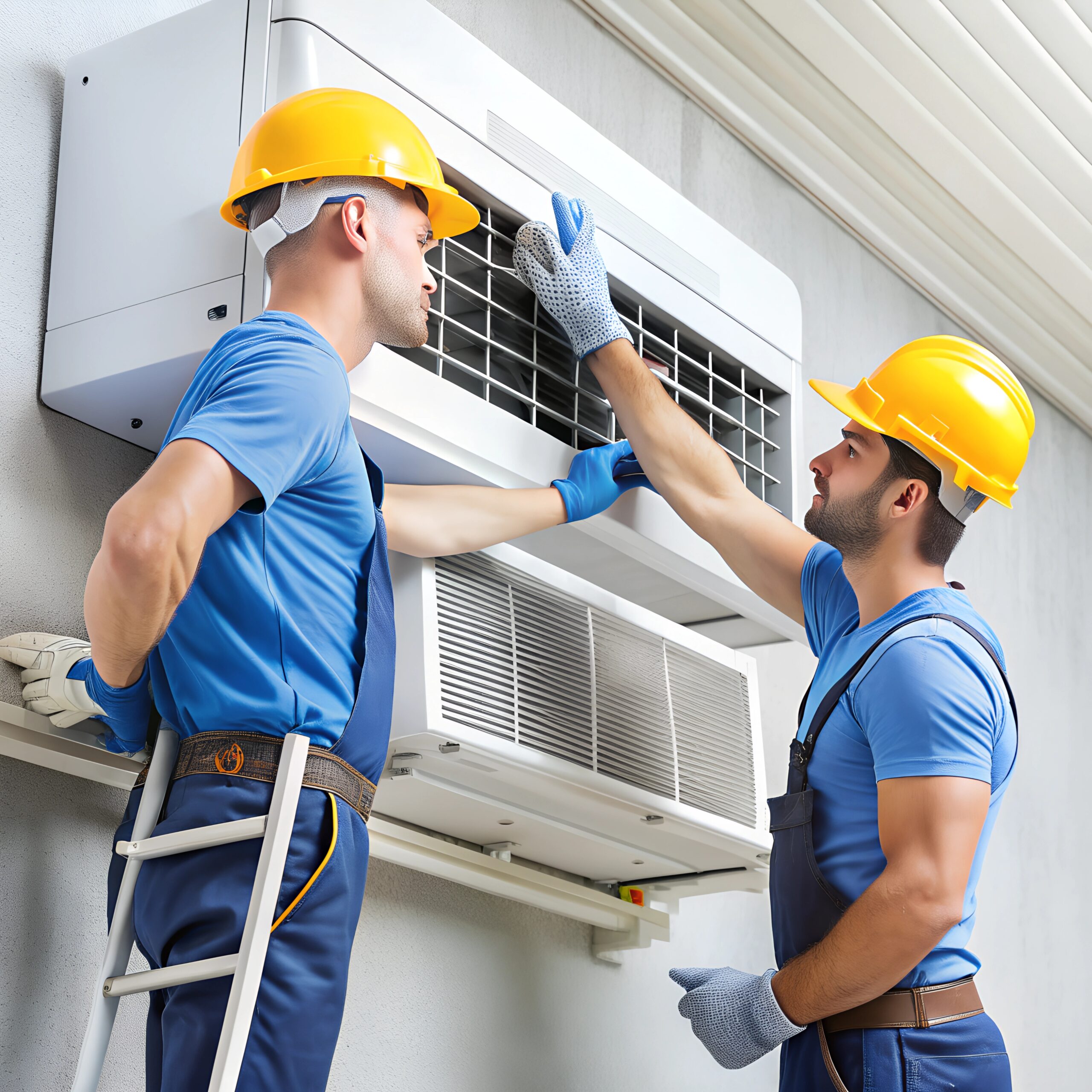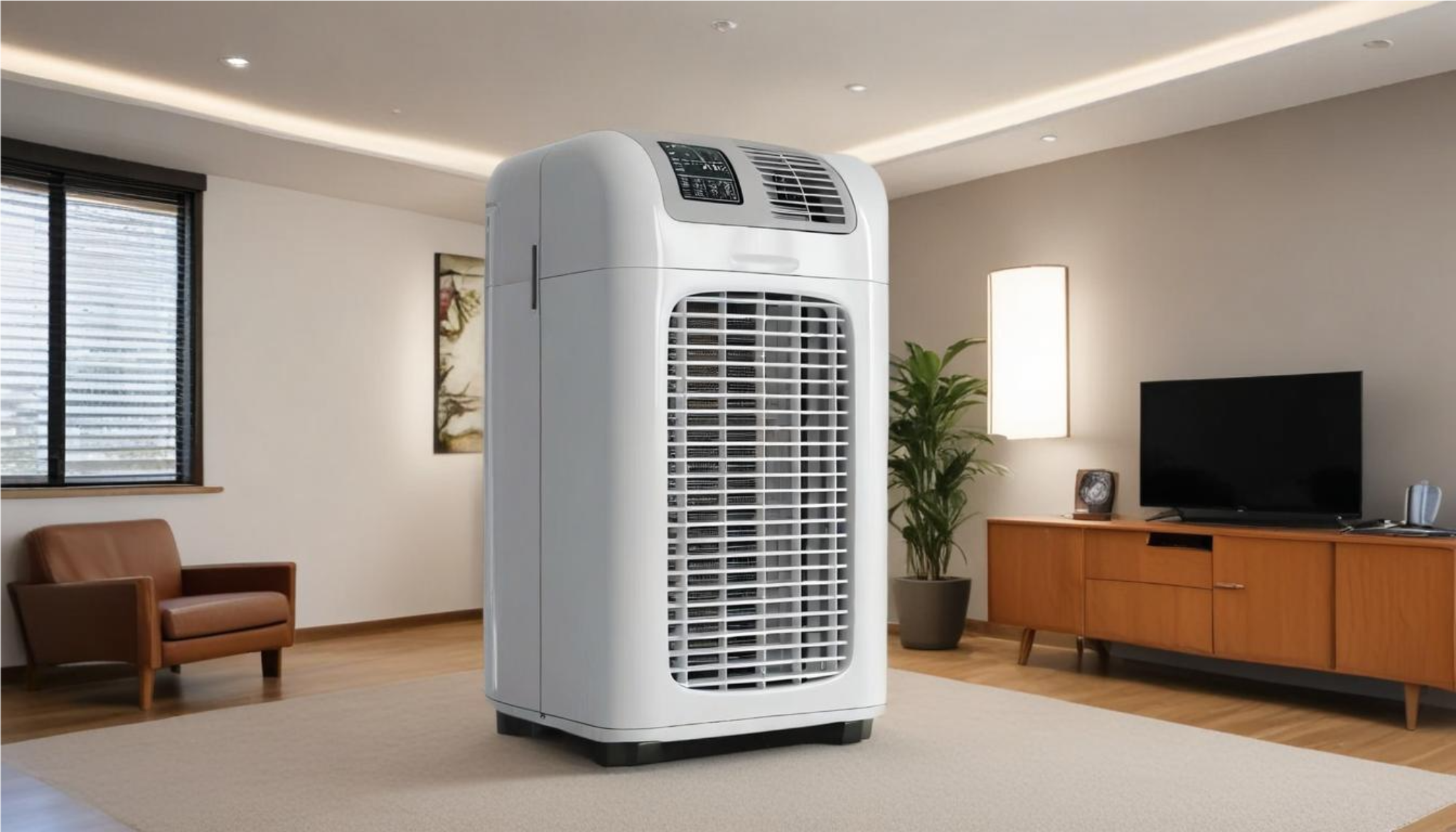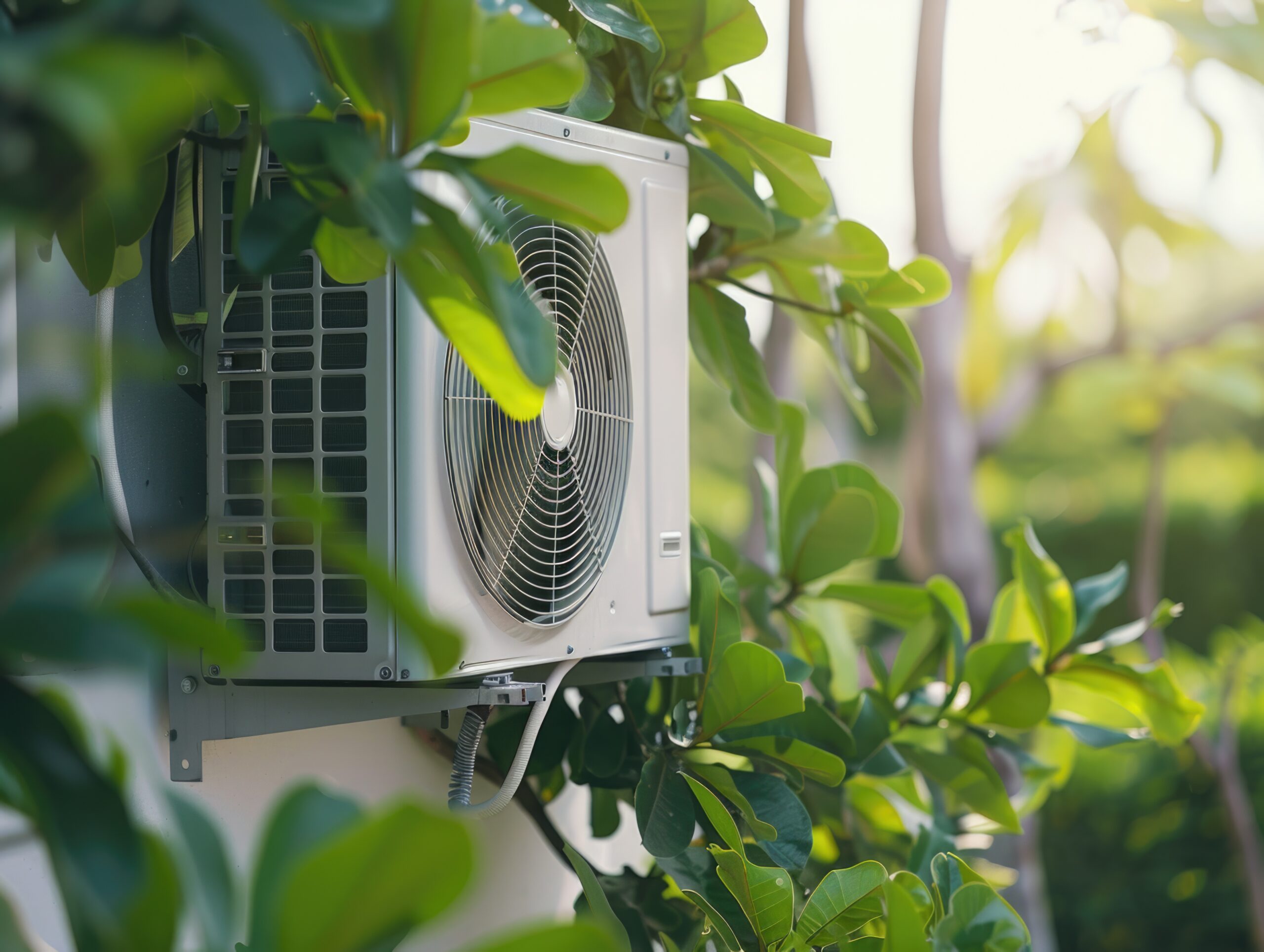Ever found yourself sweltering in the summer heat, asking, “why’s my air conditioner not working?” You’re not alone. This is a common predicament many homeowners face, especially during the peak of hot seasons.
Understanding the potential reasons behind this issue isn’t just about surviving the heat. It’s about arming yourself with knowledge to tackle the problem head-on, potentially saving you time, money, and a lot of discomfort. So, let’s jump into the world of air conditioning problems and their solutions.
Common Reasons Why Your Air Conditioner Is Not Working
Having a faulty air conditioner, particularly in the heat of the summer, undoubtedly disrupts comfort. Bear in mind, multiple factors might be at play, resulting in the undesirable circumstance. In this section, we investigate into reasons that might be behind your air conditioner’s struggles.
Dirty or Clogged Filters
A significant troublemaker in the functioning of air conditioner systems is dirty or clogged filters. These little culprits restrict airflow, seriously affecting your air conditioning unit’s functionality. They essentially chock the system, making it arduous for cool air to flow freely into your room. Also, it’s a factor that increases your system’s energy consumption. For instance, your energy bills might progressively pick up due to your unit having to work extra hard to achieve its purpose. Regular maintenance, in this case, proves to be quite a game-changer.
Thermostat Issues
The thermostat controls the temperature setting in your home, it’s virtually the brain behind your air conditioner’s operation. A malfunctioning thermostat might not give the right commands to your air conditioner, leading it to underperform or not work at all. You’d notice issues such as your AC not maintaining the set temperature or completely failing to turn on. Indicator lights that don’t light up might also be a sign that your thermostat could use a little attention.
Electrical Problems
Electricity is the lifeblood of your air conditioner. Any faults related to wiring, circuit breakers, or even power overload might render your AC unit ineffective. Often, you would witness issues like air conditioner systems frequently tripping the circuit breaker, completely not starting up, or even running but not cooling the room. In such scenarios, an inspection by a professional becomes essential not only to restore the functionality but also to ensure safety.
DIY Troubleshooting Tips for Air Conditioners
After understanding the basics of air conditioner issues, let’s jump into the waters of self-troubleshooting. Here’re a couple of tips you can follow when your air conditioner starts to act up.
Checking and Resetting the Thermostat
Your gadget’s erratic behaviours might stem from thermostat issues, disrupting the harmony between your air conditioner and the atmosphere.
Begin by verifying the thermostat’s power supply; savings result from a utilised one. If the display remains vacant even though switching it on, your thermostat may lack power. Remember to reset it by carefully referring to your model’s user instructions. A thermostat, set in harmony with weather conditions, ensures an opera-like performance from your air conditioner.
Cleaning the Air Filters
Air filters act as your air conditioner’s lungs, a lower level of cleanliness leads to suffocation. Debris, dust or grime crammed on your air conditioner’s filters obstruct smooth airflow, making your system sweat more, slugging its efficiency.
Regular cleaning of filters, at least every month, saves lungs and coins. You merely need to slide the filter out, pursuantly cleanse it delicately using a fabric or vacuum, and waft it dry before reinserting. Clean air filters help the smooth ballet of air in your home, reducing the strain on your air conditioner.
Inspecting Circuit Breakers and Fuses
Electrical hiccups like circuit breaker faults or blown fuses can paralyse an air conditioner, leaving your hermitage in a nerve-gripping heat.
Calmly tour your home’s electrical panel; assess if the breaker to your air conditioner has tripped. In scenarios of tripped breakers, flick it back, without haste. A blown fuse necessitates replacement. Reckon an expert’s hand for fuse replacement if you’re murky about your skills. A restored circuit breaker spurs your air conditioner back to life, rescuing your refuge from the hellish heat.
Remember, while becoming your air conditioner’s physician is cost-saving, it’s crucial not to cross the boundary of your skills. Certain air conditioner ailments demand a professional’s touch. In such situations, involving an expert becomes a prudent choice.
When to Call a Professional
In the previous section, we’ve covered general troubleshooting steps you can take when your air conditioner isn’t blowing cool air. But, some problems are best left in the hands of a professional. Here are three situations where it’s wise to call in an air conditioner services expert:
Complex Electrical Issues
You’ve checked and reset the circuit breaker, but the AC still won’t turn on. It’s safe to say that it’s time to call a professional. Intricate electrical problems in the air conditioner unit can sometimes be at play. These include matters like malfunctioning capacitors, wiring issues, or even inverter breakdowns. Attempting to fix these components on your own isn’t just risky; it’s downright dangerous. Certified technicians have the training and tools to handle such problems safely and efficiently.
Refrigerant Leaks
The AC’s blowing air, alright, but it’s not cool. You’ve fiddled with the thermostat settings, but to no avail. Well, it’s a possible sign of a refrigerant leak. In scenarios like this, a professional’s intervention becomes non-negotiable. Effectively repairing a refrigerant leak isn’t a DIY project. It involves finding the leak, fixing it, and then accurately recharging the system with the correct amount of refrigerant. Your AC’s efficiency and longevity depend on the refrigerant, so this job calls for the experts.
Damaged Coils or Compressors
Hearing strange noises from your AC unit? It might be due to damaged coils or compressors. Coils improve your unit’s energy efficiency, while compressors are its “heart”, pumping refrigerant throughout the system. Any damage to these crucial components can lead to significant drops in AC performance. In such cases, we can’t stress enough how critical it is to seek professional help. Dealing with these integral parts requires specific knowledge and skill that only professionals possess.
Simply put, if your AC’s problems are beyond switching a setting, cleaning a filter, or resetting a breaker, it’s time to pick up the phone and call an air conditioner professional.
Maintenance Tips to Prevent Future Issues
Ensuring your air conditioner stays in tip-top form doesn’t happen by chance. Instead, it comes down to providing regular, careful maintenance. Let’s look into the simple yet effective steps you can take to prevent unnecessary air conditioning issues in the future.
Regular Cleaning and Service
Regular cleaning’s a must – it’s that simple! Accumulated dust and debris can significantly hinder your air conditioner’s performance. For example, when filters clog, your system works harder, causing its efficiency to plummet and energy consumption to surge. So here’s the tip – aim to clear your AC’s filters at least every quarter or as often as monthly if you’re residing in a high-pollution area. Meanwhile, the inner parts of your unit such as evaporator and condenser coils, should be ideally cleaned annually. You might consider signing a service contract with a dependable AC maintenance company. They’ll schedule routine checkups, ensuring your system gets professionally cleaned and serviced on a regular basis.
Timely Repairs and Parts Replacement
No matter how diligent you are with cleaning and servicing, parts can wear or outright break over time. It’s a reality of mechanical devices and air conditioners aren’t exempt. If you spot any performance changes such as unusual noises, insufficient cooling, or leakages, it’s time for action. Don’t wait till a small glitch turns into a fully-fledged breakdown, costing you more in repairs or even requiring a complete unit replacement. Consult a certified technician promptly for an accurate diagnosis and efficient repair. Also, consider replacing parts like thermostats or fans that have outlived their useful life. By nipping potential problems in the bud, you’ll maintain the efficiency and extend the lifespan of your air conditioner.
So there you go! By sticking to these maintenance measures, you’re setting your air conditioner up for consistent, reliable service. And remember, well-maintained equipment not only ensures your comfort but also saves you money on electricity and preventable repair costs.
Conclusion
So, you’ve got the lowdown on why your air conditioner might not be working. It’s clear that understanding your AC and its common issues can save you from sweltering hot days. Remember, regular cleaning and servicing are your best bets to keep your AC running smoothly. Don’t underestimate the power of a clean filter – it’s a small part that plays a big role in your AC’s efficiency. And if you’re living in a high-pollution area, you might want to up your cleaning game. A service contract could be a smart move, ensuring your AC gets the check-ups it needs. Quick action on any performance changes can help dodge breakdowns and hefty repair bills. By following these tips, you’re on your way to a comfortable, energy-saving home with fewer unexpected AC issues.



